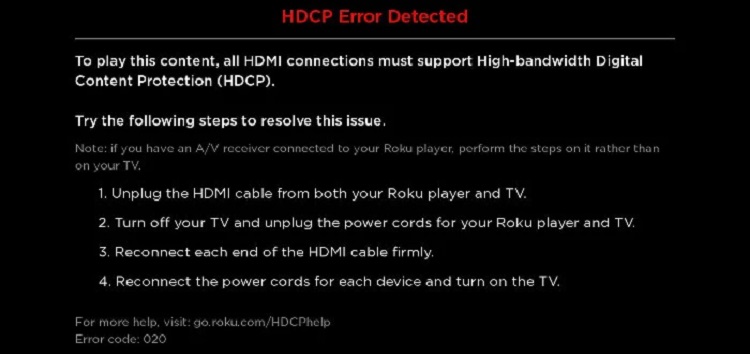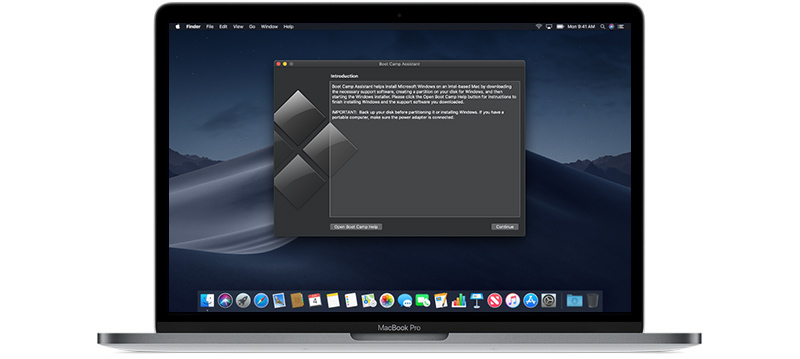

2010: illumos was forked from OpenSolaris as its open-source successor, and continued to develop ZFS in the open.2010: OpenSolaris was discontinued, resulting in the further development of ZFS on Solaris being no longer open-source.2009: Apple's ZFS project closed, and the MacZFS project continued to develop the code.2008: Development of a native ZFS Linux port started, known as ZFS on Linux.2008: A port to FreeBSD was released as part of FreeBSD 7.0.2007: Apple started porting of ZFS to Mac OS X.2006: Development of a FUSE ZFS port for Linux started.
#Updating openzfs on os x code

#Updating openzfs on os x license
The ZFS source code was released in 2005 under the Common Development and Distribution License (CDDL) as part of the OpenSolaris operating system, and it was later ported to other operating systems and environments.

The ZFS file system was originally developed by Sun Microsystems for the Solaris operating system. See also: History and implementations of ZFS The merged code-base will include a number of new features and performance enhancements, and is proposed to be known as OpenZFS 2.0. As of 2019, OpenZFS (on some platforms such as FreeBSD) is gradually being pivoted to be based upon ZFS on Linux, which has developed faster than other variants of OpenZFS and contains new features not yet ported to those other versions. The OpenZFS project is an open source derivative of the Oracle ZFS project. įounding members of OpenZFS include Matt Ahrens, one of the main architects of ZFS. The OpenZFS project brings together developers from the illumos, Linux, FreeBSD and macOS platforms, and a wide range of companies via the annual OpenZFS Developer Summit. It includes protection against data corruption, support for high storage capacities, efficient data compression, snapshots and copy-on-write clones, continuous integrity checking and automatic repair, encryption, remote replication with ZFS send and receive, and RAID-Z. OpenZFS is a CDDL licensed open-source storage platform that encompasses the functionality of traditional filesystems and volume manager.


 0 kommentar(er)
0 kommentar(er)
